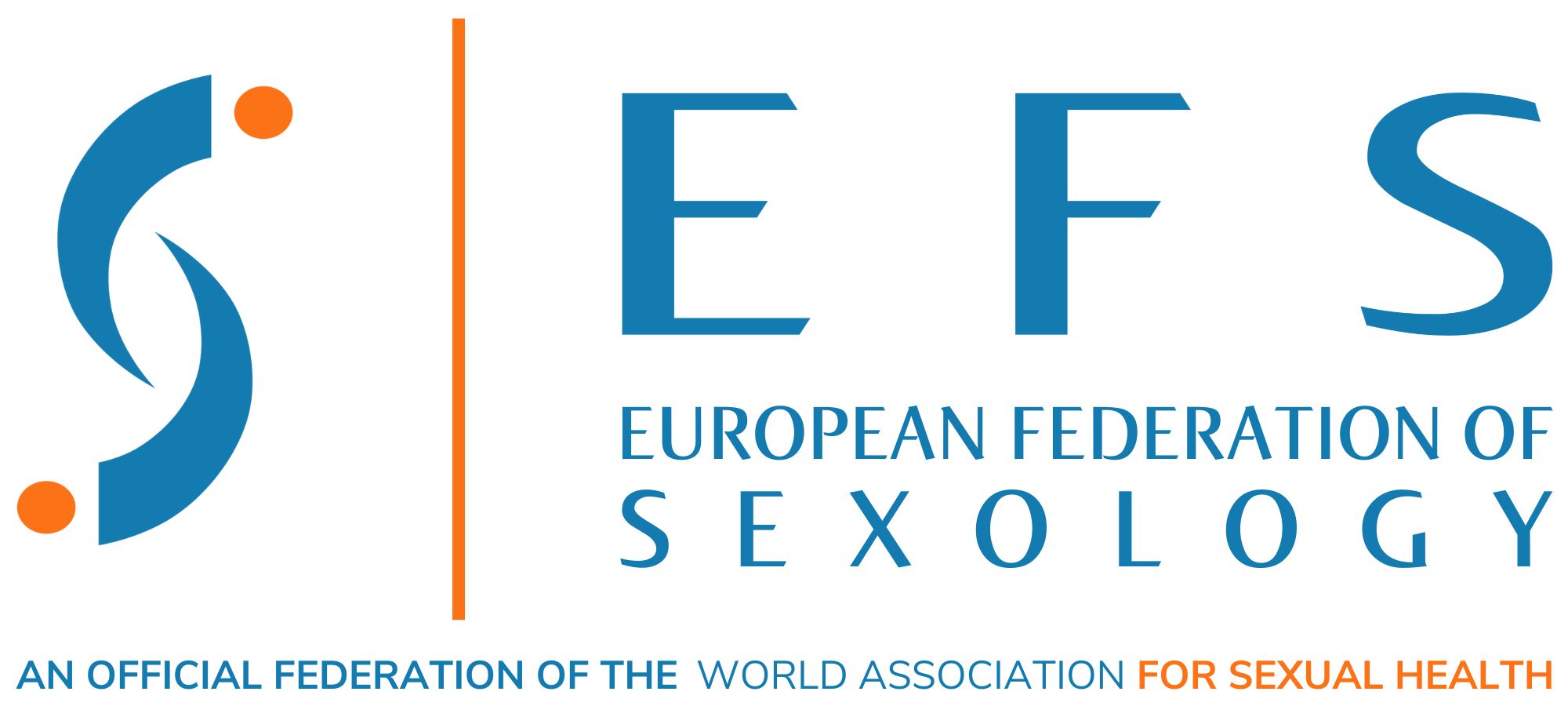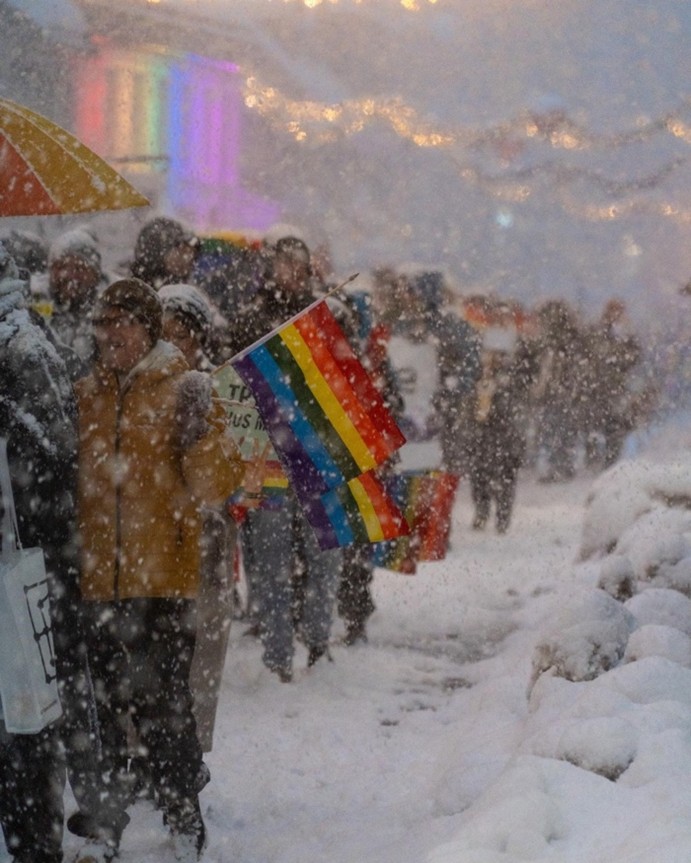November letter
In my childhood we had a song for each month of the year, and I am certain that this is a more or less worldwide phenomenon.
The Norwegian November song in my English translation goes like this:
November is so sad and grey, but useful anyway
Cause then it’s up to each and all to make a joyful day.
For many people, also in Europe, days are not as joyful as they could have been. We see sexual assaults, discrimination of women, discrimination of LGBTQI people, sexuality used as weapons in war, just to mention part of the sad reality that we know are sources of ill health for those affected.
How do these mournful facts affect us as sexologists?
Some words and questions are circulating in our professional field: Are we engaging ourselves in activism, or is it advocacy? Should activism and advocacy at all be on our agenda? Questions arise as to what our agenda should be.
Our mission according to our website is to recognize sexuality as central to human life, health, well-being, and human rights. EFS is the voice and the core network for professionals working in sexology in Europe. EFS promotes excellent and ethical practice in education, knowledge, and skills to celebrate sexual health, intimacy, and diversity with compassion, free from prejudice and violence.
This is certainly an agenda. Do we see activism? Do we see advocacy? Is there a difference between the two?
Many people I have met are definitely activists, primarily striving for sexual rights, gender rights and sexual justice for all. Others turn away from activism, sometimes because in some contexts the concept of activism has been contaminated into a label that render the labelled unprofessional!
We, as sexologists working clinically, working in research, or in public health promotion, are professionals with knowledge, insights and even wisdom, that can add momentum to our endeavors to fulfil our mission. This agenda is, in some core aspects, quite similar to what activists strive for.
We know from a professional point of view, how immensely important human rights, sexual rights, and gender rights are for peoples’ health and wellbeing, but we don’t necessarily base this knowledge and these insights on personal lived experiences. I think this is the point where activism and advocacy differ.
Activism is basically informed by lived experiences by the activists themselves, supported by those who see the pain and turmoil in their neighbors, and enter the field as allies.
Advocacy is basically informed by professionals in sexology, law, and bureaucratic acrobatics.
There is rarely but one way to reach one goal. In this context the goal is in an agenda that includes human and sexual rights.
By shame naming advocacy as activism, unprofessional forces, constituted by people with no deep knowledge of the different lived experiences within our field, seem to have an agenda aimed to split professionals out of advocacy. If we listen to those tongues, we will lose a substantial part of our mission.
Advocacy is a logical part of sexological work for the improvement of health and rights. Those of us who also have a lived experience as discriminated women, discriminated LGBTIQI people and victims of sexual assault or as allies, can add more momentum in the sexological strive for more joyful days for all people.
Esben Esther Pirelli Benestad
I bring you this November photo from pride celebration 2023 in the very North of Europe:

